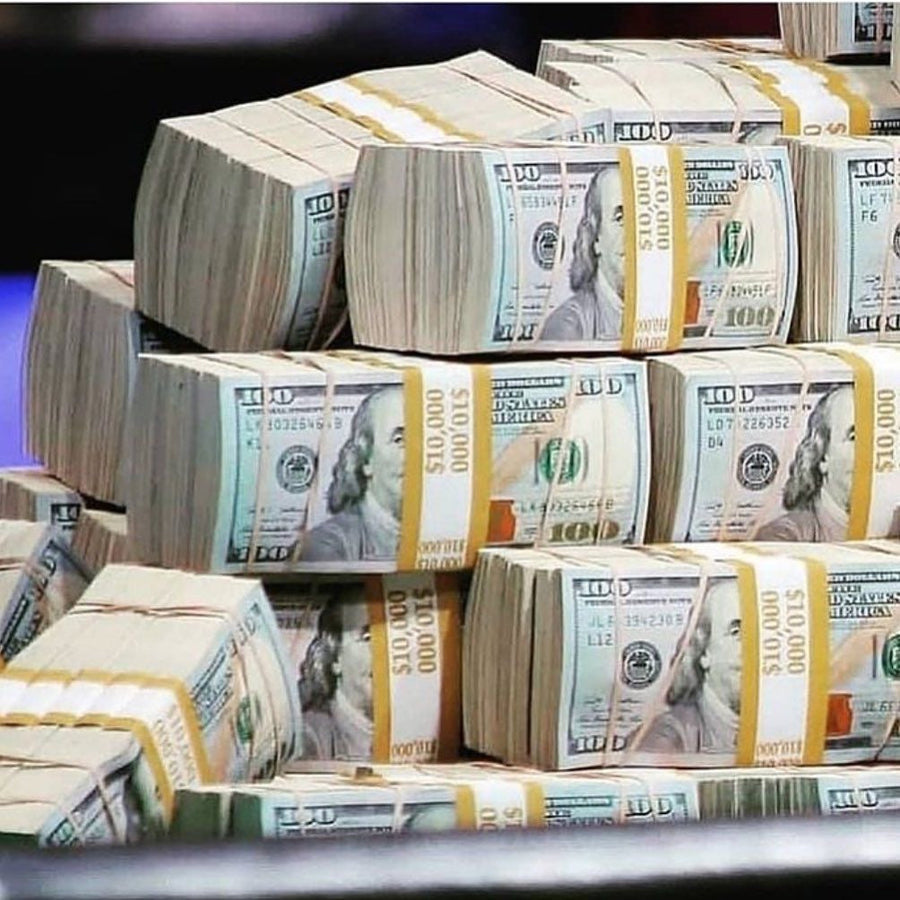
The US's Ability to Print Money and Maintain Financial Dominance
the unique situation that allows the US to print money without experiencing the usual rational repressions, which could have major implications for currencies that rely on US dollars as well as for international trade and investment. This advantage has allowed...

The Advantages of the US Dollar as the International Reserve Currency
how the US dollar's status as the primary international reserve currency grants distinct advantages to the United States, allowing it to issue excessive debt and expand its money supply without facing typical economic repression. This dynamic has far-reaching consequences for...

Characteristics of Currencies in the International Reserve Basket
the two main characteristics a currency needs to have in order to be included in the International Reserve basket: liquidity and depth of its foreign exchange market. While economic stability is crucial, it's not the only factor, as shown by...

The Risks of Relying on the US Dollar as the Global Reserve Currency
the rapid growth in foreign exchange reserves and global markets, but express concern over their heavy dependence on the US dollar, which accounts for around 62% of total reserves. This introduces significant risk, as the dollar's volatility during economic crises...

The Pros and Cons of Maintaining a Substantial Foreign Exchange Reserve
the benefits and drawbacks of maintaining a substantial foreign exchange reserve. The key benefit is the ability to implement a fixed exchange rate system, which helps stabilize the economy by shielding it from external shocks. However, holding excessive reserves also...

Shifting Foreign Exchange Reserve Trends: Industrialized vs. Emerging Economies
how major industrialized countries are reducing their foreign exchange reserve holdings as a percentage of GDP or imports compared to previous years, which could be due to decreasing trade surpluses or financial pressures. In contrast, emerging economies like China and...
